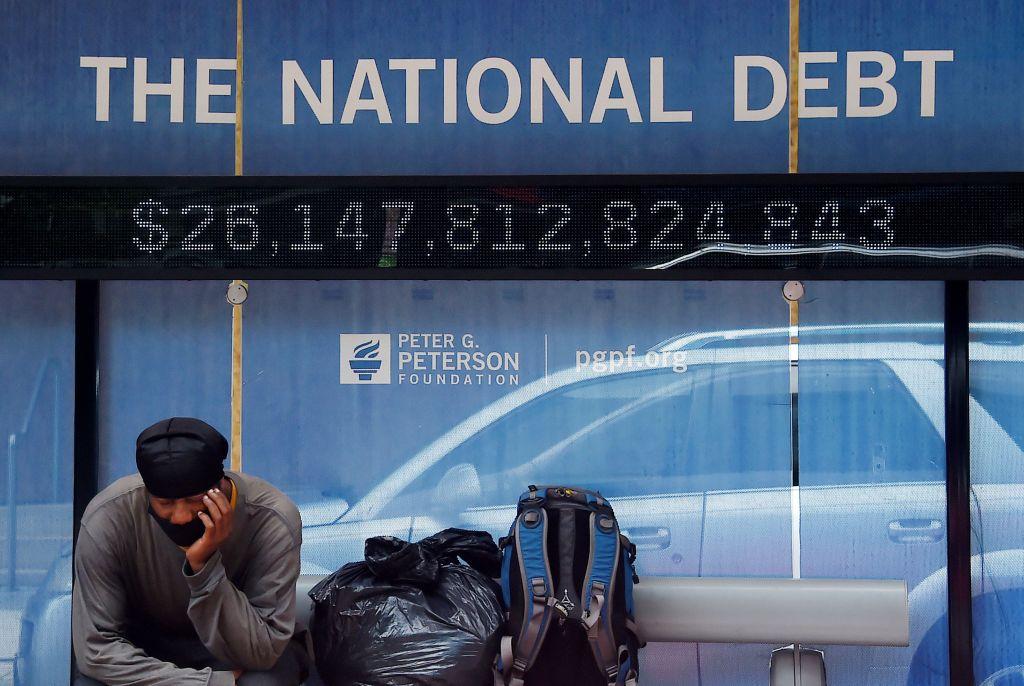Tax policies and government spending are used to encourage or discourage certain behaviors within society and can be considered instruments of social policy, said Wendy Damron, external relations manager at Citizens for Self Governance Charleston and the district captain for the South Carolina Convention of States Project.
There are some favors and loopholes in the tax law that cater specifically to certain groups and certain constituencies, as well as carve-outs for a lot of different things, Damron said in an interview on The Epoch Times’ “Crossroads” program.





